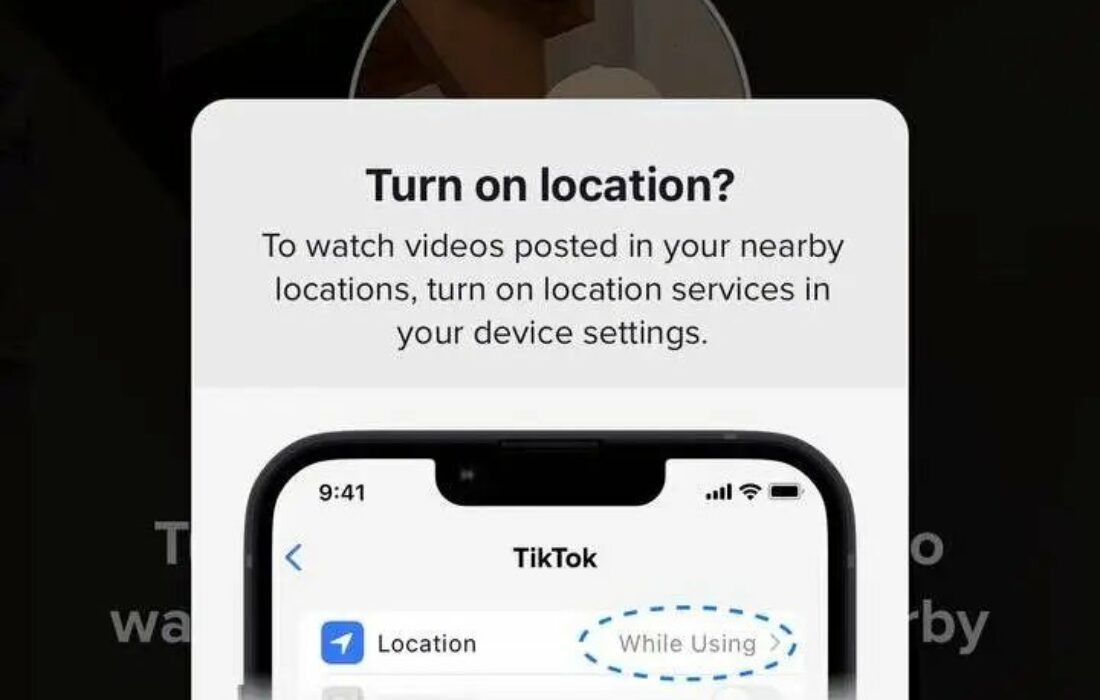In an 84-page complaint recently obtained by the Washington Post, Twitter’s former security chief Peiter “Mudge” Zatko claims that the company misled federal regulators about the true status of its security against hackers and spam accounts.
Documents relayed by congressional investigators show that the company claimed it had a solid security plan then warned colleagues that half the company’s servers were running out-of-date and vulnerable software. The documents also allege that Twitter prioritised user growth over reducing spam, as executives stood to win individual bonuses of as much as $10 million tied to increases in daily users, and nothing explicitly for cutting spam.
Peiter “Mudge” Zatko’s claims support Elon Musk’s defense that the company was hiding information about how it calculates the percentage of bots on the platform, and some information in the document may be used to support Mr. Musk’s exit from the $44 billion acquisition deal.
Mr. Zatko was fired from Twitter in January 2022 for “ineffective leadership and poor performance” after raising concerns at the company in early 2021. The head of site integrity proceeded to tell him that Twitter did not know how many bots were on the platform.
Twitter, on the other hand, said it fired Mr. Zatko due to the “opportunistic timing” of his allegations, which seemed to be “designed to capture attention and inflict harm on Twitter, its customers and its shareholders.”
According to CNN reports, John Tye, Mr. Zatko’s lawyer and the founder of Whistleblower Aid, said Mr Zatko has not been in contact with Mr. Musk and began the whistleblower process before there was any indication of the Silicon Valley billionaire’s involvement with Twitter.
“We have already issued a subpoena for Mr. Zatko and we found his exit and that of other key employees curious in light of what we have been finding,” Alex Spiro, a lawyer for Mr Musk, said in a statement.
Mr. Zatko’s complaint, which was reported earlier by The Washington Post and CNN, was filed last month with the US Securities and Exchange Commission, the Department of Justice, and the Federal Trade Commission. It was also sent to congressional committees for review.
If you see something out of place or would like to contribute to this story, check out our Ethics and Policy section.














